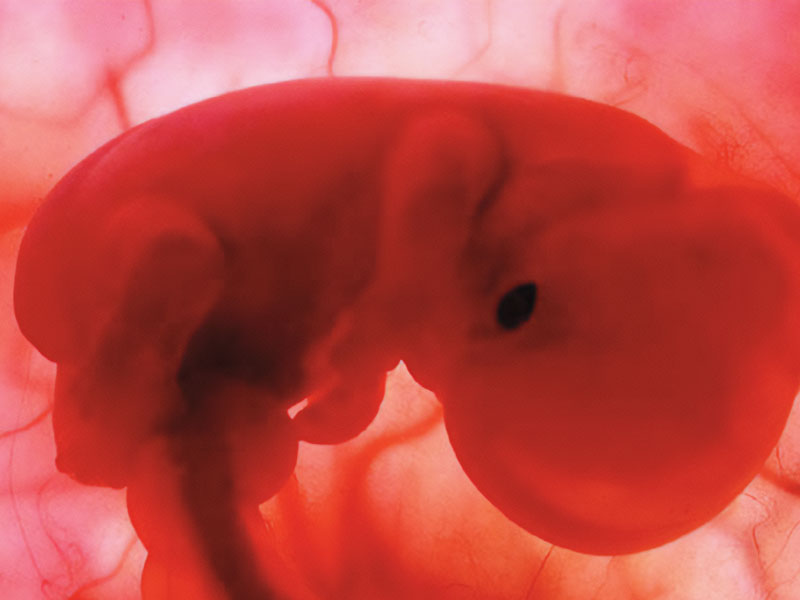The Old Stages of Pregnancy and Delivery in the Kingdom of Bahrain
Issue 4

Fatima Issa al-Sulaiti
The author begins with the stages of pregnancy from the time the (monthly) period stops till the time when she is taken to the midwife, the only doctor those days, for a checkup. Once pregnancy is asserted, the lady gives some advice to the pregnant woman especially that experiencing it for the first time on how to safeguard herself and the embryo. The paper deals with one of the first symptoms of pregnancy which is ‘craving from some food’. This takes place forty days after the onset of pregnancy, and according to public beliefs, the family has to satisfy the pregnant lady’s appetite. This continues during the first few moths during which the fetus begins to take shape. Accordingly to traditional customs, pregnancy is not preferably announced before the end of the fourth month to make certain that it is real nor false pregnancy and to protect the pregnant woman against envy. In those days, Bahraini midwives used to help women during the delivery stage. The pregnant woman sits on an overturned pot or bundle on the floor. A piece of cloth or a mattress is put underneath her so the newborn lies on it when it comes out. During labor, the lady clutches at the midwife’s arm to help her push hard. Three or four other women (of the lady’s relatives) also hold the lady for the same purpose. When the newborn comes out the midwife presses its belly so that the placenta comes out too. Once the placenta is out the umbilical cord is cut. Finally, the infant is cleaned and washed with warm water in winter and cold water in summer, then kohl is applied to eyes and eyebrows. People had many common beliefs. Some of these are: preventing anyone coming from a funeral or travel or walking a long distance from entering the woman’s room so the sense of exhaustion does not sweep to her and to the newborn. This happens during the first forty days. Also, ladies with henna on their hands should not enter the lady’s room. Sad news, especially death and sickness should not be disclosed to her during that period. The lady should refrain from eating, nor should she breast-feed the baby in front of other people. Drinking too much water was believed to spoil the woman’s uterus. The infant should not be left lonely, especially at sunset so jinn do not replace it. If a newborn died, it was believed it had a straight hair in its head which caused death. Therefore, it was advisable that the infant’s head be cauterized to get rid of that hair. The author also dwells on different relevant issues, such as feeding the infant during the first four months, the infant’s clothes, the midwife’s wage, the infant’s presents, shaving the male infant’s hair and checking its weight in coin and then giving the coins to the needy. The article elaborates on the period following the first forty days when the lady becomes safeguarded against sickness, jinn and envy. Her mother prepares her to go back to her husband’s house as if she were a new bride. Her hands and feet are covered with henna, she is attired in colorful clothes, and her head is decorated and perfumed.



































































